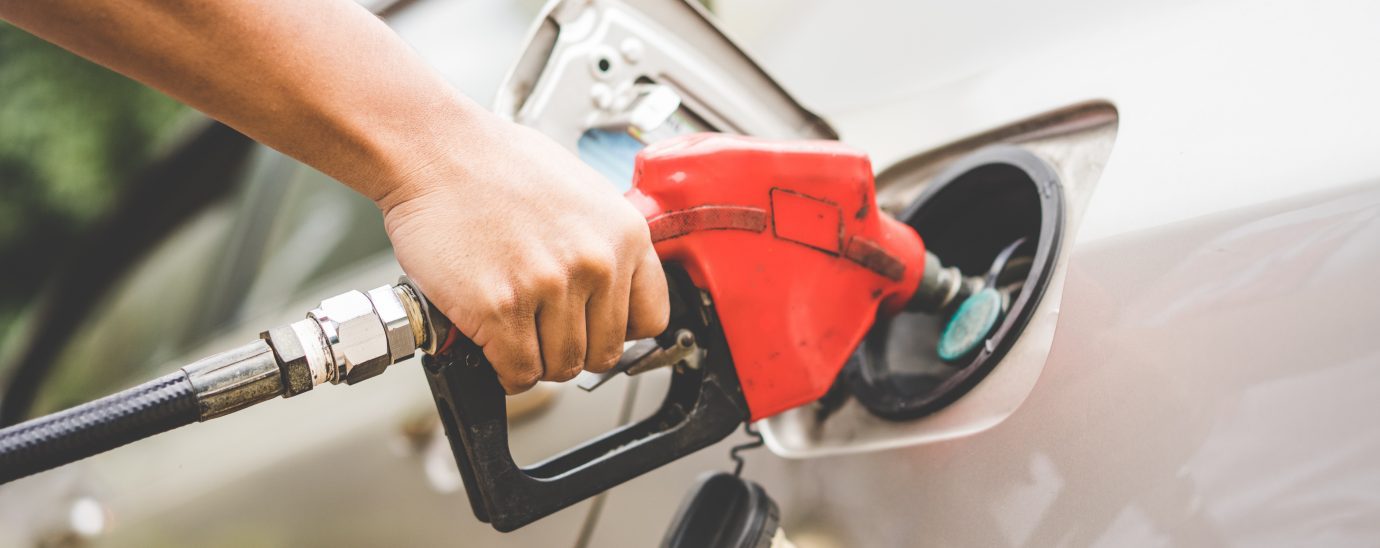The COP26 clean vehicle pledge: Not a successful outcome for the UK

The UK announced at COP26 that it plans to ban the sale of gasoline and diesel vehicles by 2040.
The UK plans to ban the sale of gasoline and diesel vehicles by 2040 at the latest; however, countries that produce a lot of the world’s vehicles have not committed to this pledge. The US, China, Germany and France have chosen to not become part of the list of signatories, while only 32 other countries (including India, Turkey and 12 generally high-ambition EU member countries) have agreed to the plan.
“The environment ministry, like the signatories of the Glasgow Accord on Zero Emissions Vehicles, does not consider e-fuelled passenger cars to be a viable option in terms of availability and efficiency,” the ministry wrote to journalists. German transport minister Andreas Scheuer added that combustion engine technology would be needed in the future. “We want to make it climate-neutral with synthetic fuels and preserve the advantages of the technology,” said Scheuer.
While having countries on board, it is also essential to have major car manufacturers as part of the signatories. From the car manufacturing industry, Volvo, Daimler, Ford and General Motors have agreed to the UK’s plan to ban the sale of gasoline and diesel vehicles by 2040. They commit to working “towards reaching 100% zero-emission new car and van sales in leading markets by 2035 or earlier, supported by a business strategy that is in line with achieving this ambition”.
Mercedes-Benz (part of Daimler) is among the signatories as they are already planning on rapidly to switching to electric cars. “We have decided for Mercedes-Benz that speed is better as a business strategy,” Daimler CEO Ola Källenius told the conference, adding all-new vehicle designs will be electric-only from 2025. “I see the chance that Mercedes-Benz will be fully electric in 2030, or at least 2030 plus X,” he said, adding the agreement reflected this strategy.
However, not all manufacturers agreed to sign up. Volkswagen, Renault, Stellantis, BMW and Nissan opted out. Volkswagen, Renault, Stellantis, BMW and Nissan have decided to opt-out of the agreement. Helen Clarkson, the head of the non-profit organisation Climate Group, said companies that were “not at the table on ‘Transport Day’ are on the wrong side of history”.
READ MORE:
- What you need to know from Science and Innovation at COP26
- Key takeaways from day 3 of COP26
- Jeff Bezos pledges US$2bn at the UN climate conference COP26
- The pledges from COP 26 so far
Among other top companies and cities onboard are ride-hailing company Uber and food retailer Sainsbury’s, while the South Korean capital Seoul and Brazil’s Sao Paolo have also signed the agreement.
For more news from Top Business Tech, don’t forget to subscribe to our daily bulletin!
